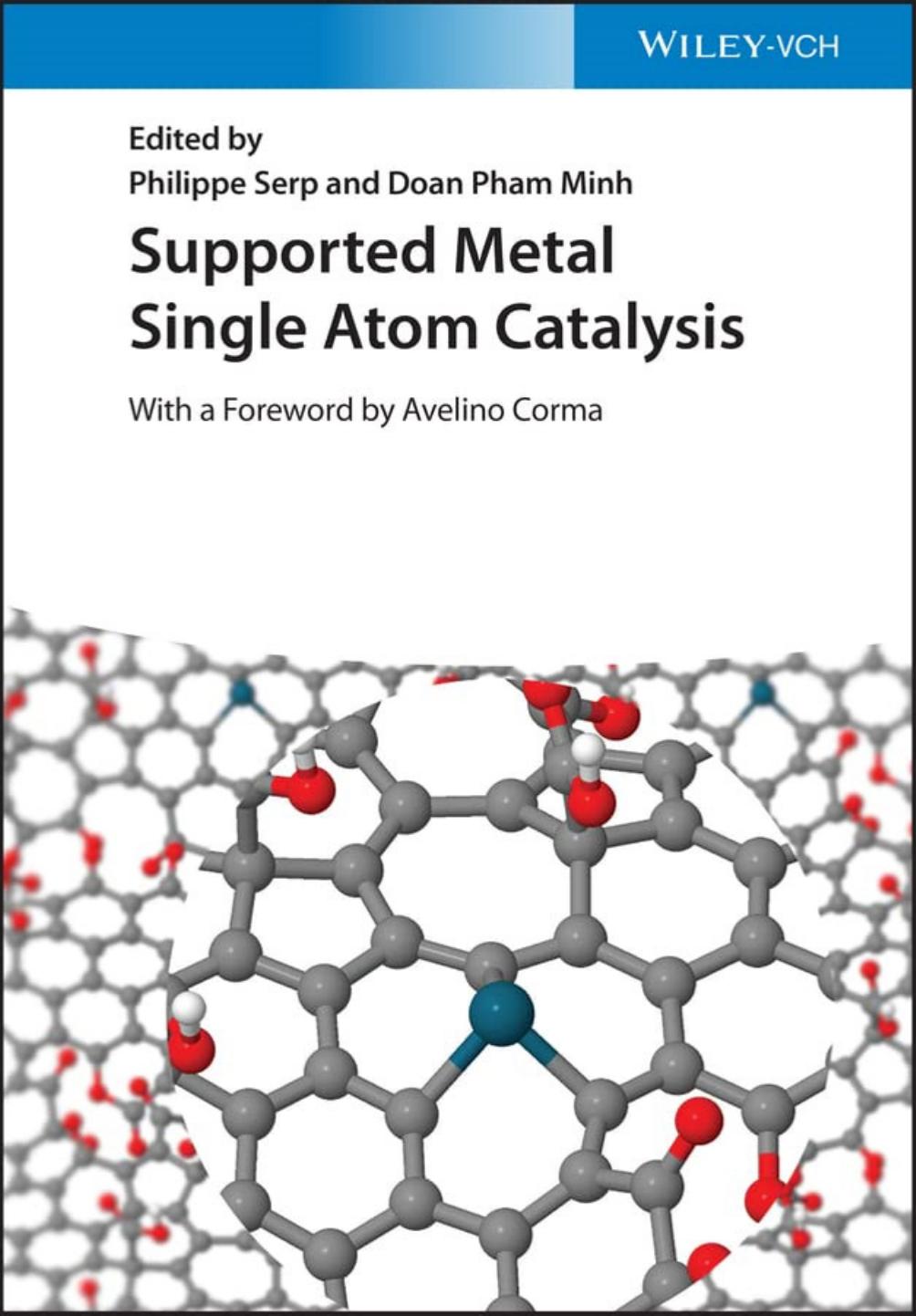

Most ebook files are in PDF format, so you can easily read them using various software such as Foxit Reader or directly on the Google Chrome browser.
Some ebook files are released by publishers in other formats such as .awz, .mobi, .epub, .fb2, etc. You may need to install specific software to read these formats on mobile/PC, such as Calibre.
Please read the tutorial at this link: https://ebookbell.com/faq
We offer FREE conversion to the popular formats you request; however, this may take some time. Therefore, right after payment, please email us, and we will try to provide the service as quickly as possible.
For some exceptional file formats or broken links (if any), please refrain from opening any disputes. Instead, email us first, and we will try to assist within a maximum of 6 hours.
EbookBell Team

4.4
52 reviewsCovers all key aspects of supported metal single atom catalysts, an invaluable resource for academic researchers and industry professionals alike
Single atom catalysis is one of the most innovative and dynamic research areas in catalysis science. Supported metal catalysts are used extensively across the chemical industry, ranging from fine and bulk chemical production to petrochemicals. Single atom catalysts (SACs) combine the advantages of both homogeneous and heterogeneous catalysts such as catalyst stability, activity, and high dispersion of the active phase.
Supported Metal Single Atom Catalysis provides an authoritative and up-to-date overview of the emerging field, covering the synthesis, preparation, characterization, modeling, and applications of SACs. This comprehensive volume introduces the basic principles of single atom catalysis, describes metal oxide and carbon support materials for SAC preparation, presents characterization techniques and theoretical calculations, and discusses SACs in areas including selective hydrogenation, oxidation reactions, activation of small molecules, C-C bond formation, and biomedical applications.
Supported Metal Single Atom Catalysis is an indispensable reference for all those working in the fields of catalysis, solid-state chemistry, materials science, and spectroscopy, including catalytic chemists, organic chemists, electrochemists, theoretical chemists, and industrial chemists.